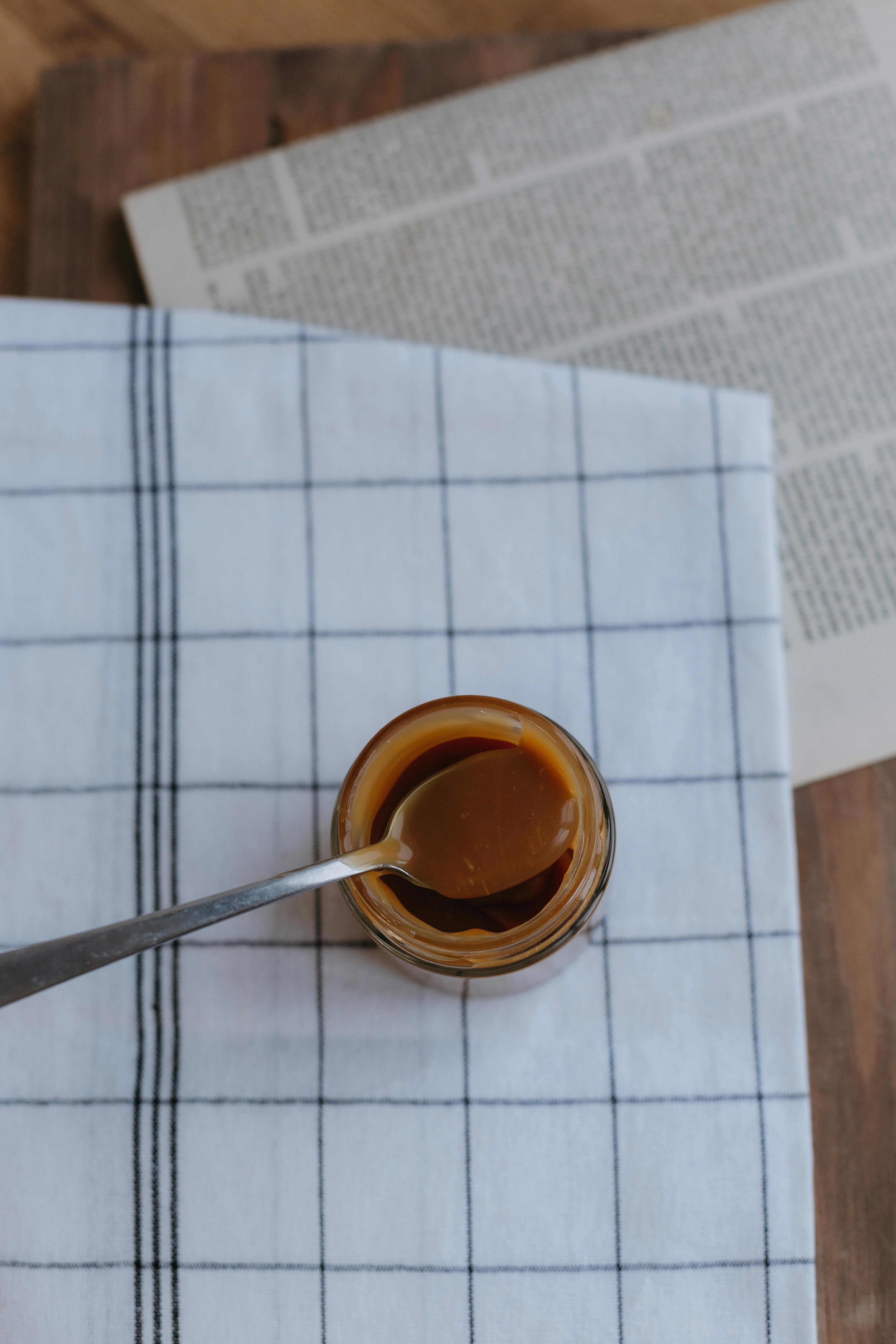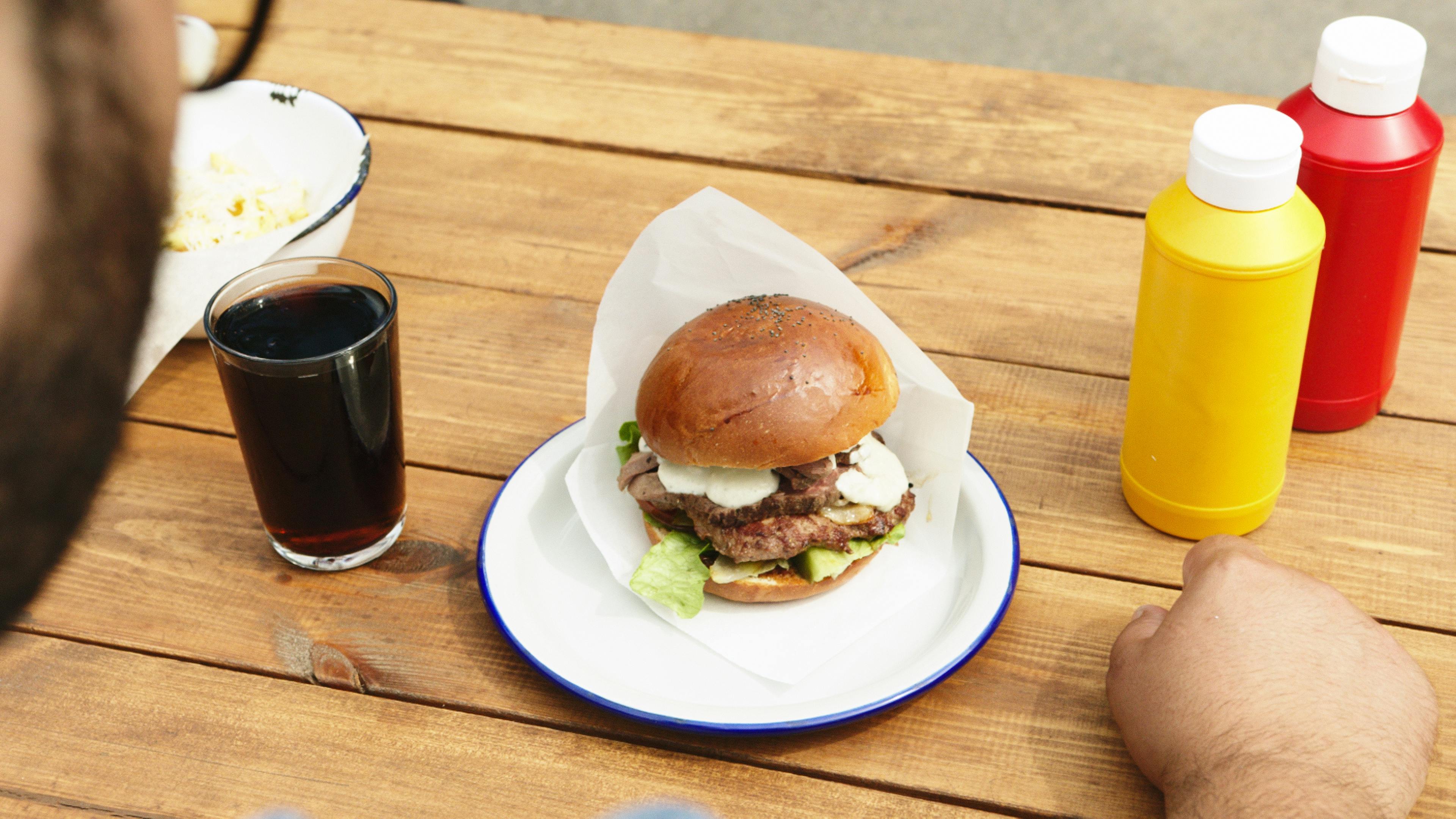Top 5 Options for Butter: Understanding Carbs in 2025
As dietary trends evolve, the spotlight is increasingly on butter, particularly regarding its carbohydrate content. Many individuals are curious about whether does butter have carbs, and if so, how many. In 2025, understanding the intricacies of butter nutritional information is essential, especially for those adhering to low-carb or ketogenic diets. This article delves into the carbohydrates in butter, exploring its various types and their impact on health. We’ll also discuss alternatives, uses, and the benefits of incorporating butter into a balanced diet.
This analysis will not only clarify misconceptions about butter versus margarine carbs but will also provide insights into butter for keto diet enthusiasts and those exploring healthy eating practices. By the end, you'll have the knowledge needed to make informed decisions about butter and its place in your daily meals.
Key Takeaways:
- The carbohydrate content of butter is minimal, making it suitable for low-carb diets.
- Understanding butter's role in healthy eating can enhance your cooking.
- We will discuss butter substitutes and their nutritional profiles.
Understanding Carbohydrates in Butter
To comprehend the role of butter in your diet, let's first examine butter carb count. Butter is primarily composed of fats, with minimal carbohydrates present. Typically, a tablespoon of butter contains about 0.1 grams of carbohydrates, making it a viable option for carbohydrate-conscious eaters. The butter dietary fiber content is negligible, which aligns with its primary function as a fat source rather than a carbohydrate source.
Furthermore, many people wonder, is butter low in carbs? Yes, its carb content is so low that it's often included in ketogenic meal plans without concern. This characteristic makes butter an attractive choice compared to other spreads, as it supports dietary goals without compromising flavor.
Butter Nutritional Information
Beyond carbohydrates, understanding total butter caloric value is crucial. For each tablespoon, butter provides approximately 102 calories, nearly 7 grams of saturated fat, and 0 grams of sugars. These nutritional facts reveal that while butter is calorie-dense, it offers valuable energy, which is particularly beneficial in low-carb contexts.
Butter vs Margarine Carbs
When considering butter versus margarine carbs, it's important to recognize that margarine can contain added sugars and fillers, which may increase its carbohydrate content. In some cases, margarine has a higher carb count due to these additives, making butter the preferable option for those monitoring their carb intake closely.
How Many Carbs in Butter?
As established, how many carbs in butter? The standard answer is 0.1 grams per tablespoon. This minimal amount effectively allows for guilt-free consumption when maximizing flavor and cooking capabilities. The role of butter in enhancing dishes has not only culinary implications but also health benefits, as it delivers essential nutrients like vitamins A and K.

Options for Healthy Butter Consumption
Building on the fundamentals of carbohydrates in butter, exploring butter in healthy diet practices is essential. Butter can be integrated into various healthy recipes, emphasizing its versatile nature in salads, sauces, and baked goods. Using butter correctly can transform the nutritional profile of meals, while still respecting carb limitations.
Cooking with Butter
When cooking with butter, it's important to use the right techniques to maximize flavor while maintaining health standards. Whether sautéing vegetables or creating rich sauces, butter can serve as a foundation, adding depth to dishes without excessive carbohydrates.
Butter Substitutes for Various Needs
For individuals seeking alternatives, it’s valuable to explore butter substitutes. Options like olive oil or avocado can provide similar textures but come with different nutritional profiles. Understanding these differences is especially important for those sensitive to certain dietary restrictions.
Making Compound Butter
Creating compound butter by mixing butter with herbs, garlic, or citrus can enrich your meals while maintaining low carbohydrate integrity. This not only elevates the taste but also encourages healthy choices through the use of fresh ingredients.

Impact of Butter on Diets
With these basics established, we can dive deeper into the impact of butter on carb intake. Recent studies have indicated that moderate consumption of butter can fit well within various diet frameworks, including the Mediterranean and ketogenic diets.
Butter and Weight Loss
Research examining butter and weight loss indicates that incorporating healthy fats can aid in satiety, potentially leading to reduced calorie intake overall. This effect is particularly beneficial for dieters who find themselves feeling deprived on low-fat diets.
Butter's Role in Nutritional Guidelines
Emerging nutritional guidelines highlight the importance of recognizing butter nutritional value within a balanced diet. While traditionally vilified for its saturated fats, new insights reveal that moderate butter consumption can contribute positively to health.
Psychological Effects of Low-Carb Diets
The psychological effects of low-carb diets often entail cravings for rich flavors, where butter excels. Its texture and flavor profile can satisfy cravings without adding significant carbohydrates, making it a strategic choice in diet planning.
Conclusion: The Versatility of Butter in Diet
In conclusion, understanding butter macros and its place among other cooking fats is pivotal for crafting a balanced, flavorful diet. The minimal carb content of butter allows it to seamlessly integrate into various dietary approaches, from ketogenic to Mediterranean. Embracing butter as a staple ingredient not only enhances culinary experiences but can also contribute to health in numerous ways.
As you explore butter's role in your meals, consider experimenting with different butter recipes and types, such as grass-fed butter benefits or innovative options like compound butter, to unlock the full potential of this versatile ingredient.
```